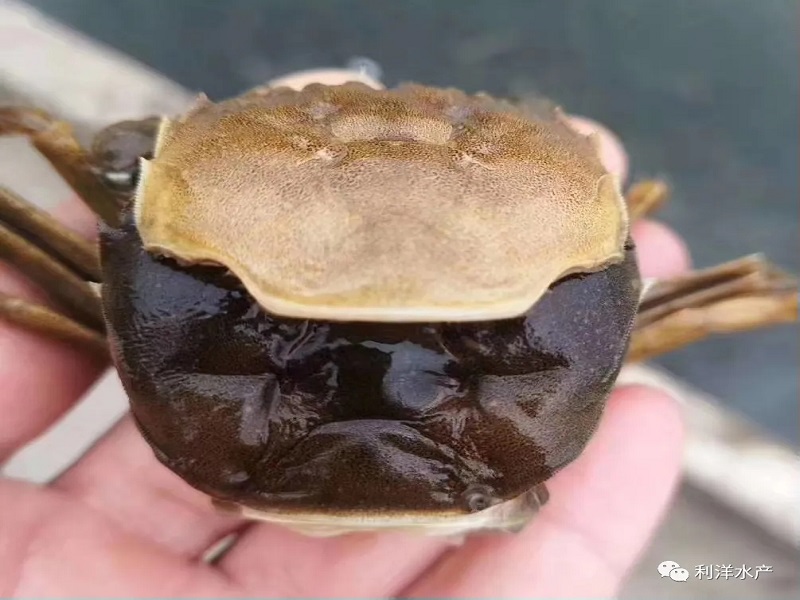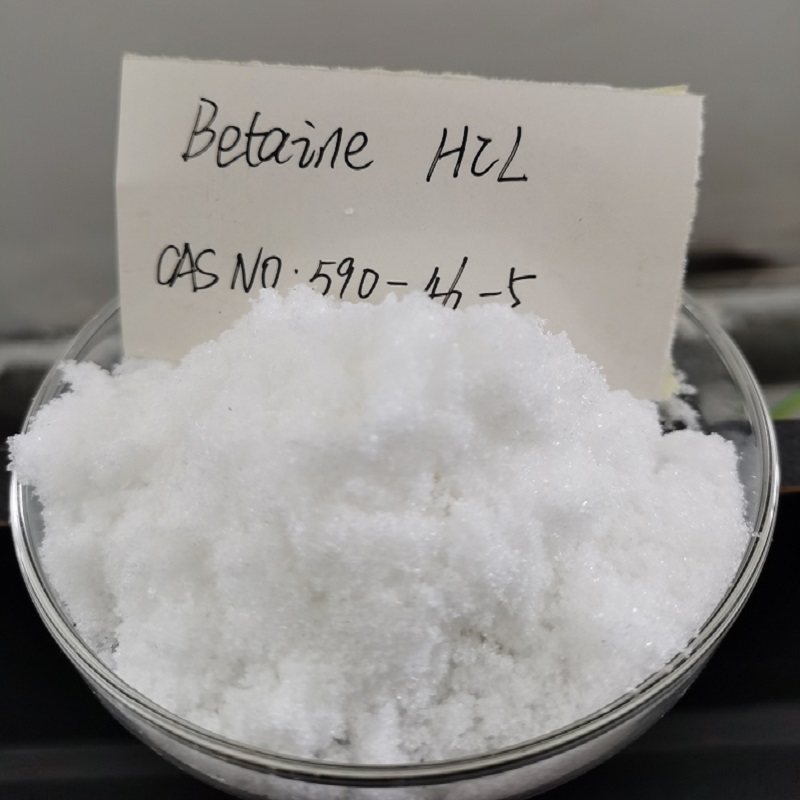Shrimp and crab farming often faces challenges such as insufficient food intake, asynchronous molting, and frequent environmental stress, which directly affect survival rates and farming efficiency. And betaine, derived from natural sugar beets, provides an effective solution to these pain points.
As an efficient aquatic feed additive, betaine provides protection for the healthy growth of shrimp and crabs through multiple pathways such as stimulating feeding, promoting crustacean synthesis, and regulating osmotic pressure.
Betaine has multiple positive effects on shrimp and crab aquaculture and is an important functional additive in aquatic feed. Its main functions are reflected in the following aspects:
Strong attractant effect:
Betaine has a special sweet and fresh taste, similar to the attractant substances in natural seafood (such as glycine betaine rich in shellfish).
It can strongly stimulate the olfactory and gustatory receptors of shrimp and crabs, significantly improving the palatability of feed and increasing food intake.
This is crucial for improving feed utilization and promoting growth, especially during the seedling stage or when environmental stress (such as stress, disease) leads to decreased appetite.
Efficient methyl donor:
Betaine is an efficient methyl donor in the body, participating in important methylation reactions. For crustaceans (shrimp and crab), methylation reaction is crucial in the synthesis of chitin.
Chitin is the main component of shrimp and crab shells. Providing sufficient methyl groups can help promote molting, accelerate the hardening process, improve molting synchrony, and increase survival rate.
Molting is a crucial stage in the growth of shrimp and crabs, and also the most vulnerable period in their lives.
Regulating osmotic pressure (osmotic protectant):
Betaine is an efficient organic osmotic regulator.
When shrimp and crabs are faced with changes in environmental salinity (such as rainstorm, water change, low salinity breeding) or other osmotic stress.
Betaine can help cells (especially cells in intestines, gills and other organs) maintain water balance and enhance the body's resistance to osmotic stress. This helps reduce stress reactions, maintain normal physiological functions, and improve survival rates.
Promote fat metabolism and prevent fatty liver:
Betaine can promote the breakdown and transport of fat, especially transporting fat from the liver (hepatopancreas) to muscle tissue.
This helps to reduce fat deposition in the liver and pancreas of shrimp and crab, and prevent the occurrence of fatty liver. At the same time, promoting the transport of fat to muscles can help increase muscle percentage (meat yield) and improve meat quality.
Improving nutrient digestion and absorption:
Studies have shown that betaine may improve the digestion and absorption rate of nutrients such as protein and fat in feed to a certain extent by improving the intestinal environment or affecting digestive enzyme activity, thereby increasing feed conversion rate.
Enhancing immunity (indirect effect): By increasing food intake, relieving stress (especially osmotic stress), and improving liver and pancreas health (reducing the risk of fatty liver).
Betaine can indirectly enhance the non-specific immune function of shrimp and crabs, and improve their resistance to pathogens.
Summary and application points in aquatic feed:
Core function: Betaine has the most core and significant role in shrimp and crab farming, which is efficient feeding and as a methyl donor to promote shell synthesis and molting.
Addition amount: The usual addition amount in shrimp and crab compound feed is 0.1% -0.5% (i.e. 1-5 kilograms per ton of feed).
The specific addition amount needs to be adjusted according to the type of shrimp and crab, growth stage, feed formula basis, and the form of betaine used (such as hydrochloride betaine, pure betaine).
Suggest referring to supplier recommendations or conducting breeding experiments to determine the optimal dosage.
Form: Betaine hydrochloride is commonly used in aquatic feed due to its good stability, relatively low cost, and good water solubility.
Synergistic effect: Betaine is often used in combination with other attractants (such as nucleotides, certain amino acids), nutrients (such as choline, methionine, but balance should be noted), etc., for better results.
Betaine is an excellent additive with high cost-effectiveness and diverse functions in shrimp and crab aquatic feed.
It effectively promotes the growth, survival rate, and health status of shrimp and crabs through multiple pathways such as feeding, supplying methyl, regulating osmotic pressure, and promoting fat metabolism, which is of great significance for improving aquaculture efficiency.
Post time: Jun-19-2025








